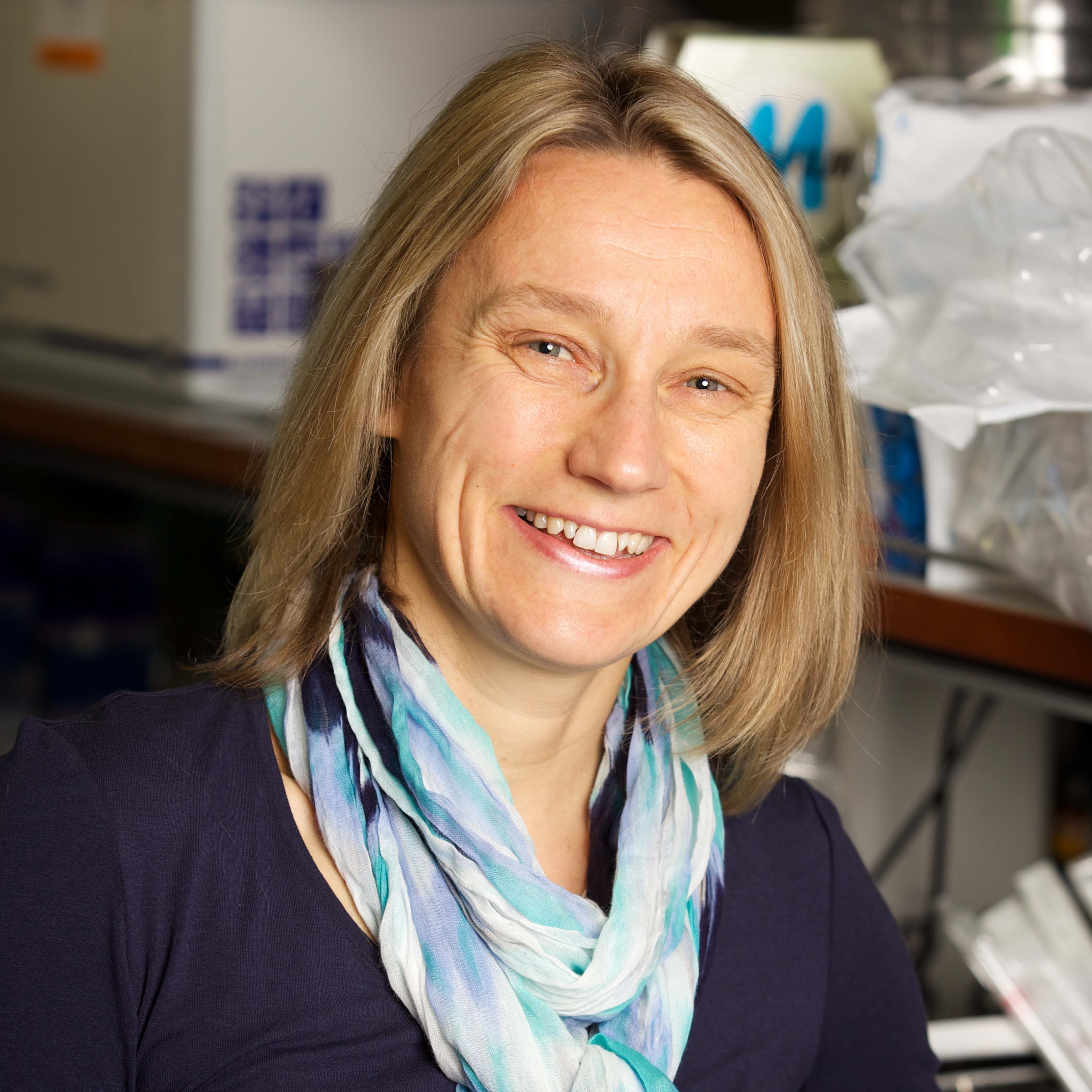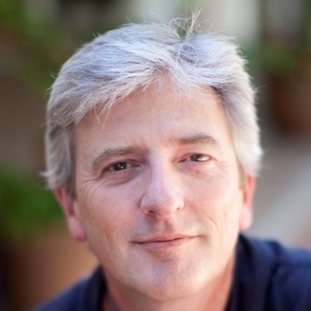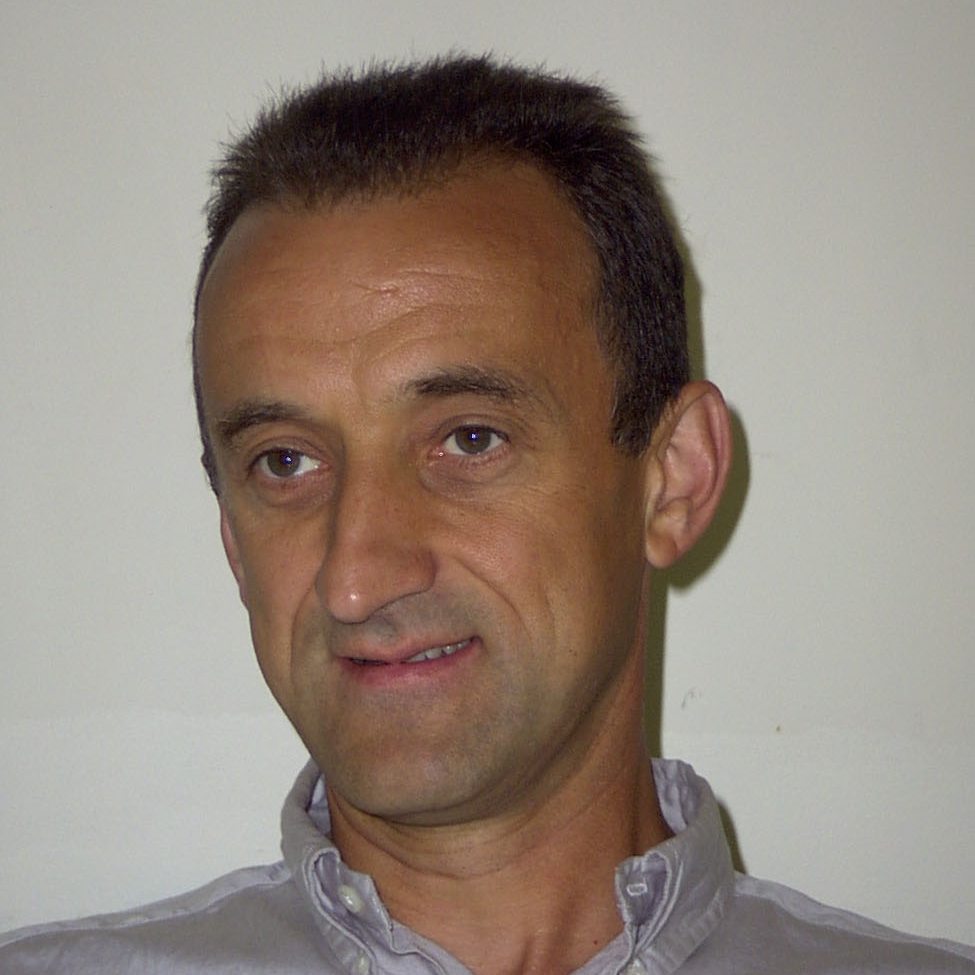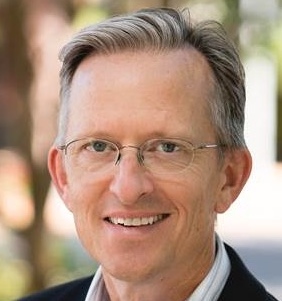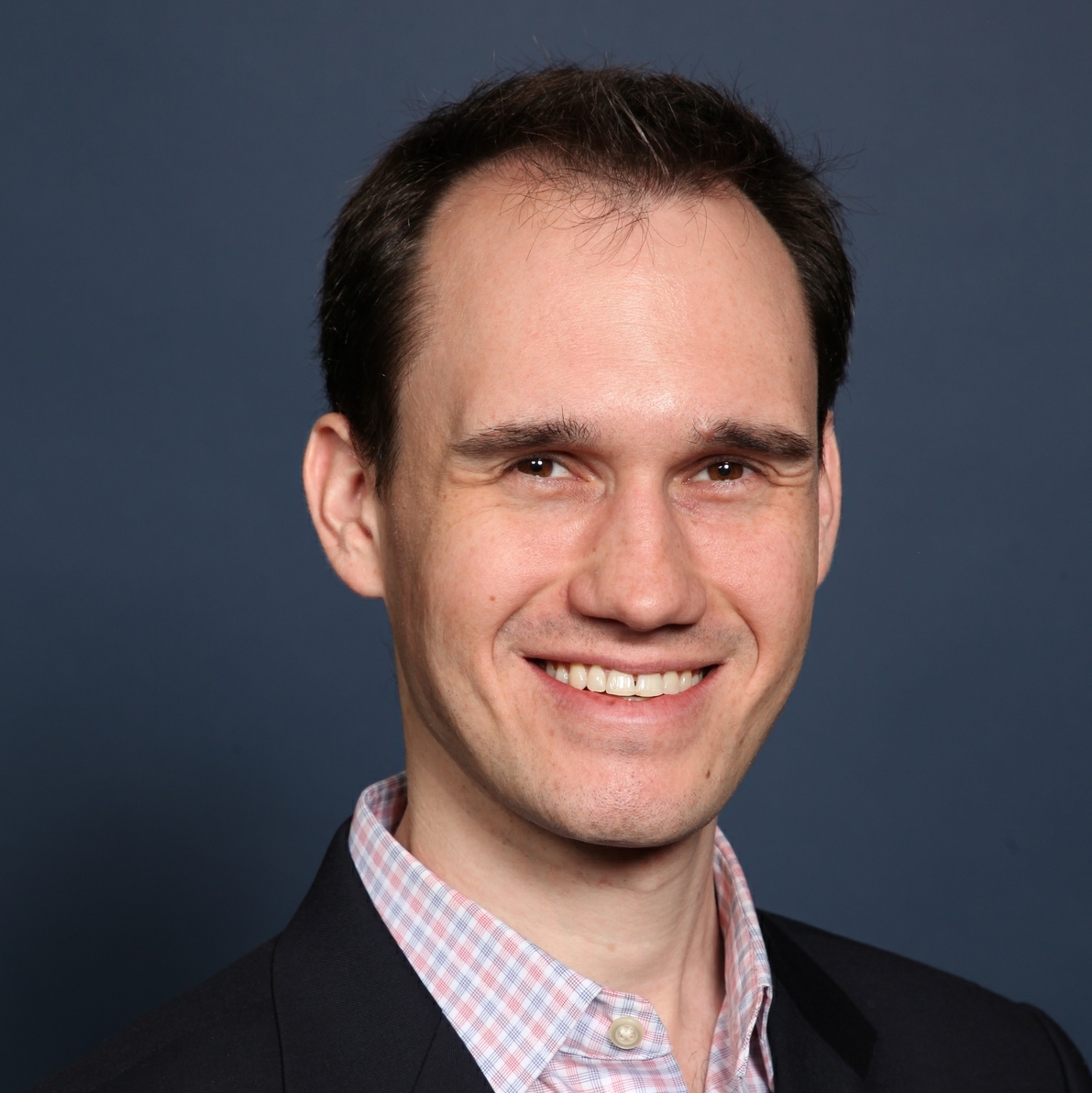A 3D Vascularized Islet Biomimetic to Model Type 1 Diabetes
Contact PI: Maike Sander, MD, University of California at San Diego (UG3 DK122639)
Christopher Hughes, PhD, University of California, Irvine, Investigator
Luc Teyton, MD, The Scripps Research Institute, Co-Investigator
Karen Christman, PhD, University of California at San Diego, Co-Investigator
Steven George, PhD, University of California, Davis, Co-Investigator
Start Date: August 1, 2019
End Date: December 31, 2025
Abstract
Type 1 diabetes (T1D) is an autoimmune disease thought to be caused by immune-mediated destruction of the insulin-producing β-cells in the pancreatic islets. Studying the mechanisms that underlie β-cell destruction in humans with T1D has been challenging because most of the important immunological events occur before diagnosis. Furthermore, while rodent models have been informative in defining some aspects of T1D etiology, there are fundamental differences between the rodent and human pancreas with respect to islet architecture and vasculature, as well as between rodent and human immune systems. Additionally, important aspects of human T1D pathology are not replicated in the rodent models. Therefore, to fully understand human T1D pathophysiology, it is critical to develop a human model, where the interactions of all cells involved in the disease process (e.g. β-cells, endothelial cells (EC), innate and adaptive immune cells) can be studied in the context of normal islet architecture, including vasculature, stromal cells, and native islet matrix. Over the past three years through the NIH “Consortium on Human Islet Biomimetics”, our team (co-PI Sander: human induced pluripotent stem cells (hiPSC) and diabetes; co-PI Hughes: vascular biology and bioengineering; co-I Christman biomaterials and tissue engineering; co-I George microfluidics and transport) has developed a microfluidic-based platform in which primary human islets or hiPSC-derived islet-like clusters are supported by a network of perfused human microvessels. Our 3D vascularized islet micro-organ (VMO-I) platform allows for physiologic, microvessel-mediated delivery of nutrients, disease-relevant stimuli, or immune cells to the islets. We propose to leverage the unique features of our VMO-I platform to model the cell-cell interactions that occur in the islet niche during T1D pathogenesis, namely immune cell extravasation, tissue penetration, and migration as well as β-cell killing. For these studies co-I Teyton will provide expertise in T1D immunology. We propose to employ two distinct in vitro models: The first, developed in the UG3 phase, is non-autologous and comprised of primary human islets and vasculature from primary EC. Here, we will introduce either allogeneic lymphocytes (Aim G1) or islet donor-matched β-cell-reactive T cell clones (Aim G2) to establish parameters for modeling T cell extravasation and T cell-mediated β-cell killing. We will also work towards the goal of generating a VMO-I model entirely derived from hiPSC (Aim G3). The second model, developed in the UH3 phase, will be fully autologous, comprising β-cells, vasculature, and stromal cells derived from T1D patient hiPSC, which will be combined with autoreactive T cells isolated from blood of the same patient. By combining live-sensors and real-time imaging with molecular and biochemical assays, we will use these models to study how cells in the islet respond to T1D- relevant stressors, such as pro-inflammatory cytokines, hyperglycemia, and hypoxia, how immune cells and β- cells interact, and how β-cells are killed. Finally, we will demonstrate that the platform can be used to assess candidate therapies for efficacy with the long-term goal to utilize the platform to screen for new therapeutics.
Meet the Grant Team
Investigators |
|
Maike Sander, MDInvestigator |
Christopher Hughes, PhDInvestigator |
Co-Investigators |
|
Luc Teyton, MDInvestigator |
Karen Christman, PhDCo-Investigator |
Steven George, PhDCo-Investigator |
Research Staff |
|
Hugh Bender, PhDPost Doc |
|
Publications
- A vascular-associated fibroblastic cell controls pancreatic islet immunity
- Engineered vasculature induces functional maturation of pluripotent stem cell-derived islet organoids
- The IsletTester mouse: an immunodeficient model with stable hyperglycemia for the study of human islets
- Atypical KCNQ1/Kv7 channel function in a neonatal diabetes patient: Hypersecretion preceded the failure of pancreatic β-cells
- Understanding cell fate acquisition in stem-cell-derived pancreatic islets using single-cell multiome-inferred regulomes
- Integrated Physiology of the Exocrine and Endocrine Compartments in Pancreatic Diseases: Workshop Proceedings
- Identification of T cell antigens in the 21st century, as difficult as ever
- Every islet matters: improving the impact of human islet research
- A vascularized 3D model of the human pancreatic islet for ex vivo study of immune cell-islet interaction
- What is a β cell? – Chapter I in the Human Islet Research Network (HIRN) Review Series
- A multi-omics roadmap of β-cell failure in type 2 diabetes mellitus
- Transcriptional mechanisms of pancreatic β-cell maturation and functional adaptation
- Engineering Vascularized Organoid-on-a-Chip Models
